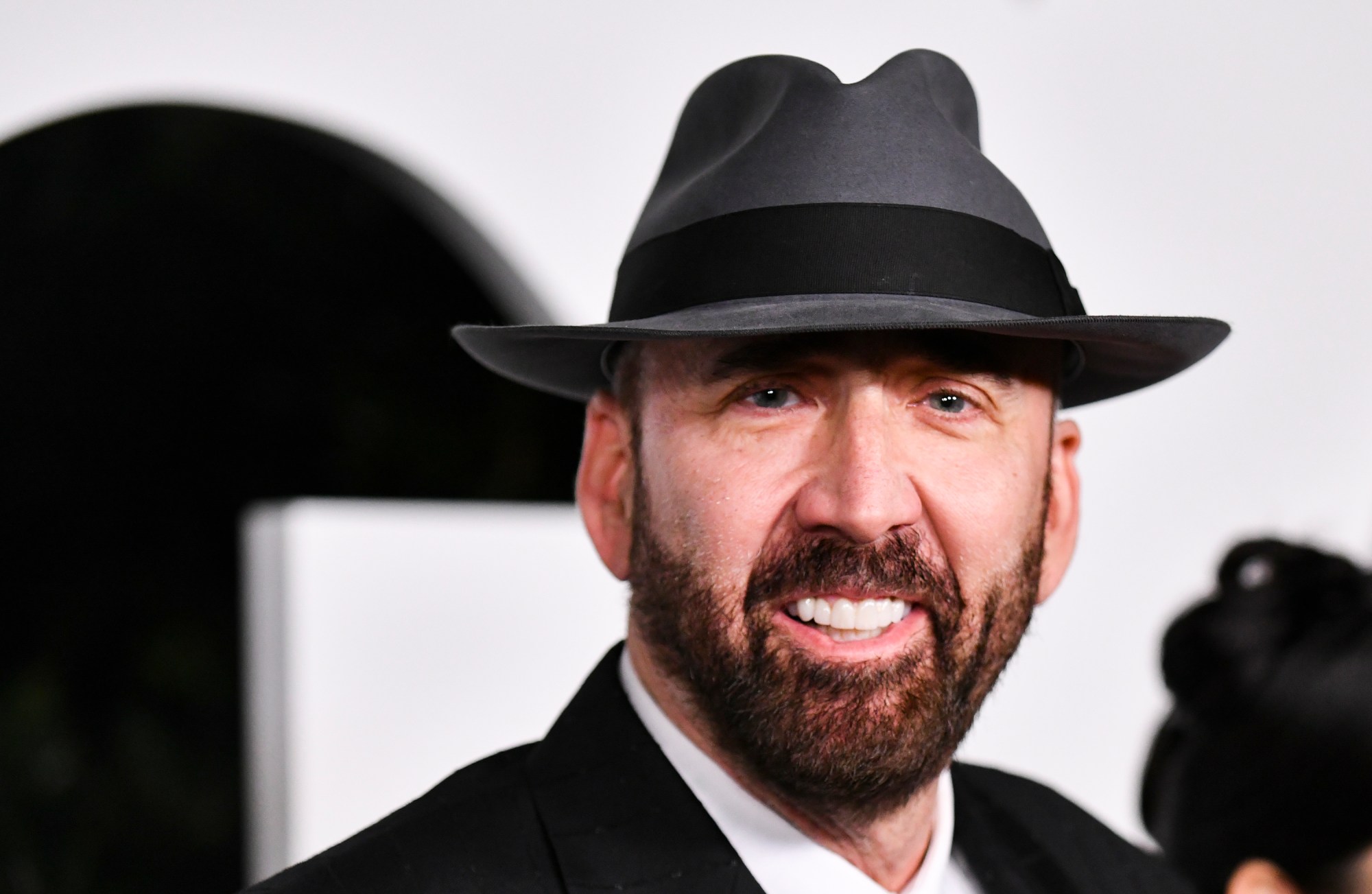
- Interviews
An Evening With… Nicolas Cage
Multi-award-winning actor Nicolas Cage was featured as one of the speakers at Film Independent, where he discussed his career and acting philosophy. Interestingly, despite his impressive litany of films, which includes Leaving Las Vegas, for which he earned an Oscar as well as a Golden Globe award for Best Actor, he still sees himself as a journeyman actor with a lot to learn.
“I see myself as a student. I’m always looking to learn something. That’s my attitude, that’s my mindset, and that’s why I love working with young people,” he says. “I love working with young actors because I get so much inspiration from them and I can ask them, ‘What do you think if I do this?’ And they’ll give me their honest opinion and I listen.”
Cage has starred in films that cross all genres, including Moonstruck, Wild at Heart, Bad Lieutenant: Port of Call New Orleans to Con Air and Adaptation, and each time he steps in front of the camera he takes it on with a vivid authenticity and sincerity. Much has been made over the years of his acting style which he has described as German Expressionism or Western Kabuki.
“What some folks call over the top, [they are referring to] mechanisms within the character I find, be it mental illness or alcoholism or drug addiction or massive tragedy, which then allows me to organically inform [the role] with genuine emotion,” he explains. “The bizarre behavior I’ve tried to design as a Kabuki presentation so that it never feels as big or as crazy or as wild as people say it is. There’s sincerity behind it so it’s emotionally informed. It wasn’t ever just wild for wildness’s sake.”
In order to accomplish honesty in the roles he takes on, he consciously avoids acting with any semblance of irony. “I was born with a pretty silver tongue. I could go against anyone in terms of being sarcastic or sardonic, and I wanted to actively avoid that. I wanted to actively get away from sarcasm and irony, and get more into emotional nakedness,” he explains. “Even to the point of where it might even seem embarrassing.”
As one of Hollywood’s most consistently interesting actors, whose praises many directors sing, Cage offers, “They know by now, at least, that when they cast me there’s a different collection of possibilities they can choose from. When Joel Coen, way back on Raising Arizona, said, ‘Working with Nic is like dining at a smorgasbord,’ I like that because I like to present different ideas. He said, ‘You have all these different things you can choose from to put it together.’”
With so much experience behind him, Cage says of what makes a good director: “The best directors are the ones who don’t fix what isn’t broken. The ones who trust their actors, collaborate with their actors, let the actors feel that he or she is loved. When I did Matchstick Men with Ridley Scott, it was one of my favorite movies I’ve ever made. When we started that movie, I said, ‘The character I’m playing has OCD. I know a little about that condition and what it can lead to, and there might be a Tourette’s element to the character.’ And he said, ‘Well, Nick, find it and then bring it to me.’ So that was trust. He let me go and find it. I added a lot to that, [elements that] were not in the script, but the fact that he had that level of trust … I felt liberated and that I could bring something.”
You may remember that Cage turned his hand to directing in 2002 with the movie Sunny, about a prostitute, starring James Franco.
With a career that began back in 1982 with Fast Times at Ridgemont High, to the upcoming film Butcher’s Crossing, he discusses his approach to finding his way into the role. “The characters that ring the most true to my own life, like the movie Joe (in which he played the titular role), there were certain things I was feeling about my sons at the time that I could apply to the performance, or [last year’s] Pig because I’ve had experiences of loss,” he says. “Those are the kinds of roles that make me feel I have the life experience to play them.”

